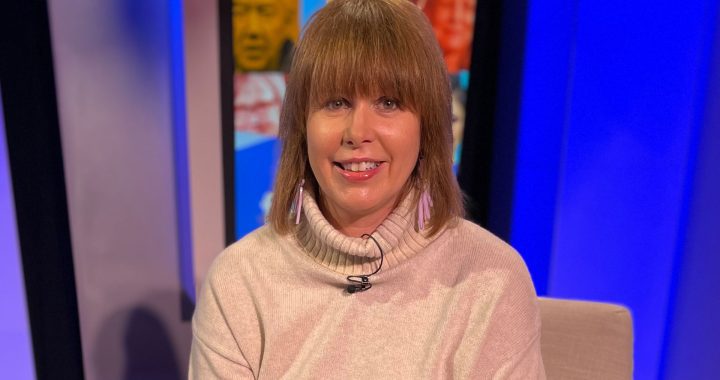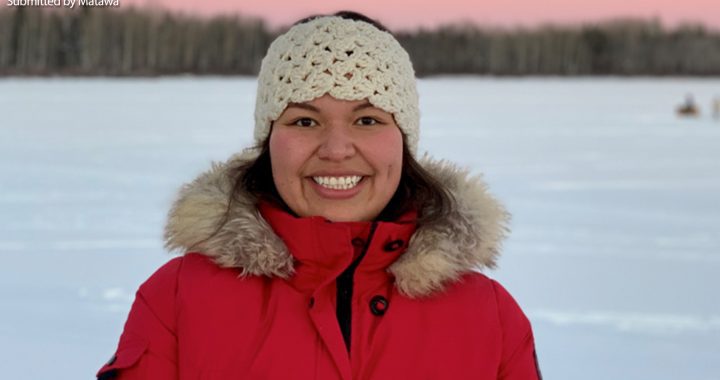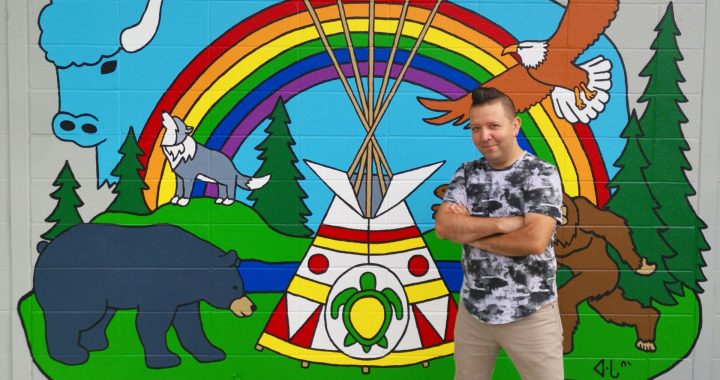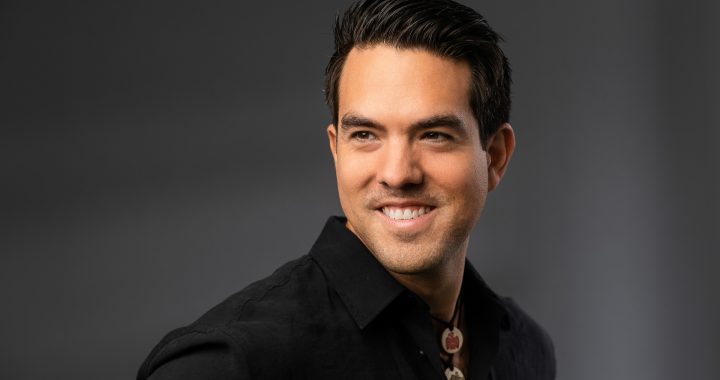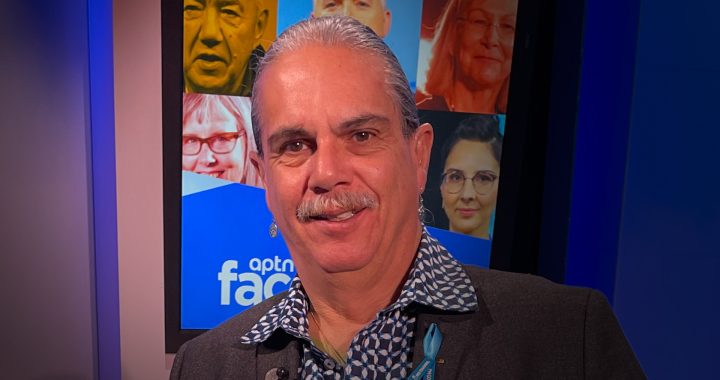Bringing Eden Robinson’s novel Monkey Beach to the big screen was a labour of love for filmmaker Loretta Todd.
And it had to be. The award-winning documentary filmmaker and producer spent 15 years getting the project off the ground.
Todd says it wasn’t easy but she never gave up or stopped knocking on doors, including the doors of “billionaires” trying to get the funding to make her first, feature length film made.
At one point, last fall, Monkey Beach was the number one Canadian film in theatres.
The film debuted on streaming service Crave on Jan. 6.
It is the second project, based on a book by Eden Robinson to hit the screen in 2020.
The other project, CBC’s Trickster has had a cloud of controversy surrounding it, following reporting by the national broadcaster that have raised questions about director/writer Michelle Latimer’s claims of Indigeneity.
It’s a subject that Todd is hesitant to talk about out of her deep respect for Robinson.
Todd believes that Latimer seems to be seeing the “consequences of those fictions and seems to be taking responsibility.”
“It’s difficult because, I know who I am, I know where I come from but you know in the Indigenous community, there’s always this lateral violence. I’ve experienced people say, ‘oh you’re not native,’” says Todd.
“So, you think how would that feel but the thing is she took her white privilege and brought it into our space and all of us who were struggling everyday just to be able to get the resources to do what we need to do to tell our stories, were then given smaller space.”
Todd does take issue with comments Latimer would make about reclaiming Indigenous stories.
“We don’t need to reclaim Indigenous stories, we’ve been telling them since time immemorial and we’ll continue to tell them. The stories have always been who were are and if there were never any screens we would still tell stories and be storytellers,” says Todd.
While she says a lot has changed in the 25 years that she has been making films, Todd says the limited resources available for Indigenous content creators continues.
“There’s not enough funds and the Canadian system likes to create this idea of a few stars and celebrity culture,” says Todd.
“If I had my way, you know when the Hudson’s Bay was sold off because they were losing money, and I’m think we made the Hudson’s Bay, there wouldn’t be a Hudson’s Bay if it wasn’t for Indigenous people, for Indigenous lands. So, really we should’ve taken it over for one dollar and that would have been at least one act of reciprocity. Sometimes I think that about the cultural institutions in Canada. It shouldn’t be a matter of well here’s your fraction. Here’s how much you get,” says Todd.
In addition to producing and directing films, Todd is also the creator of children’s programming.
One of those programs, Coyote’s Crazy Smart Science Show airs on APTN on Saturday’s and Sundays.
The “adventure-in-science series” encourages youth to explore the world of science – from an Indigenous perspective.
“I take my role seriously as a matriarch. I really believe it’s important to give back,” says Todd.
“I really believe it’s important to encourage our children. And our children don’t see themselves enough on the screen. So, right from the beginning I felt that was something I needed to do was for our people to see themselves on the screen and especially our children,” says Todd.








